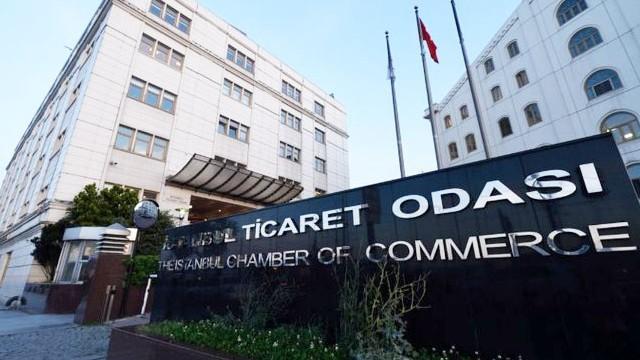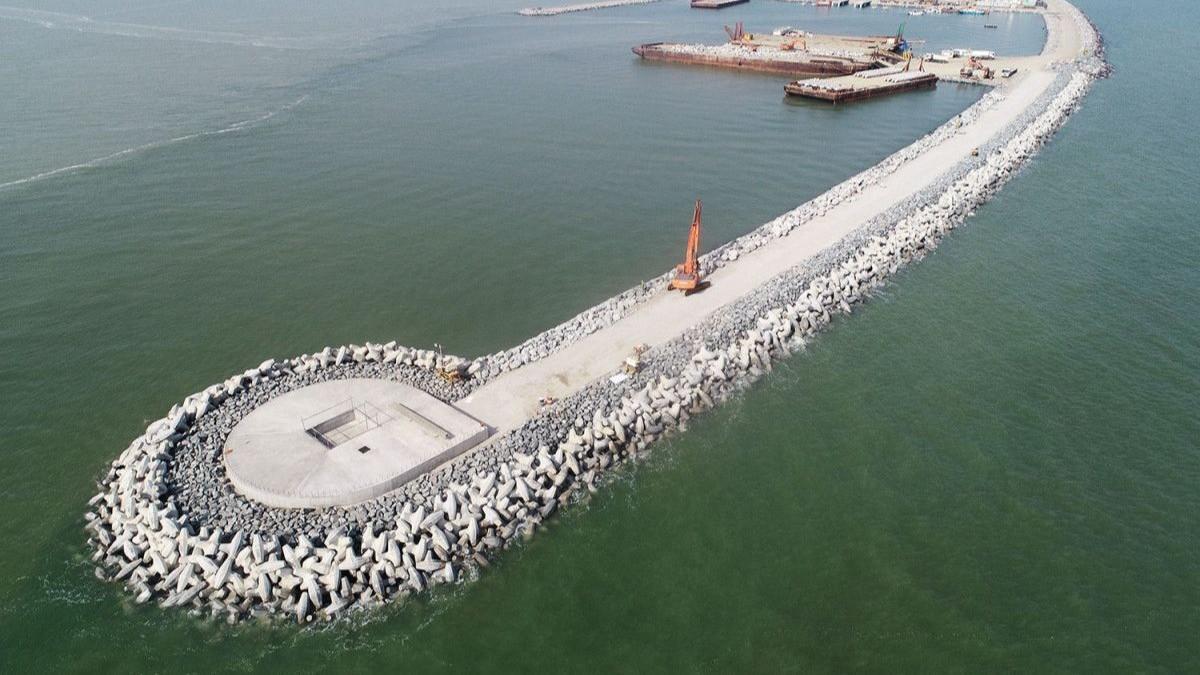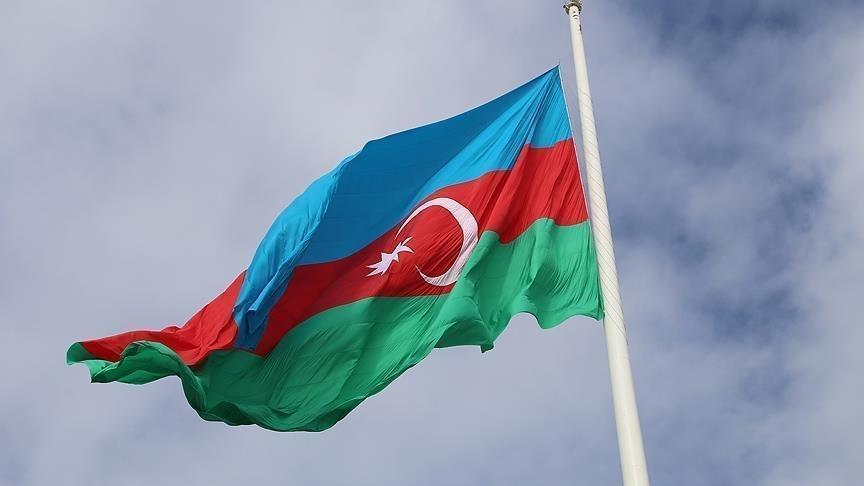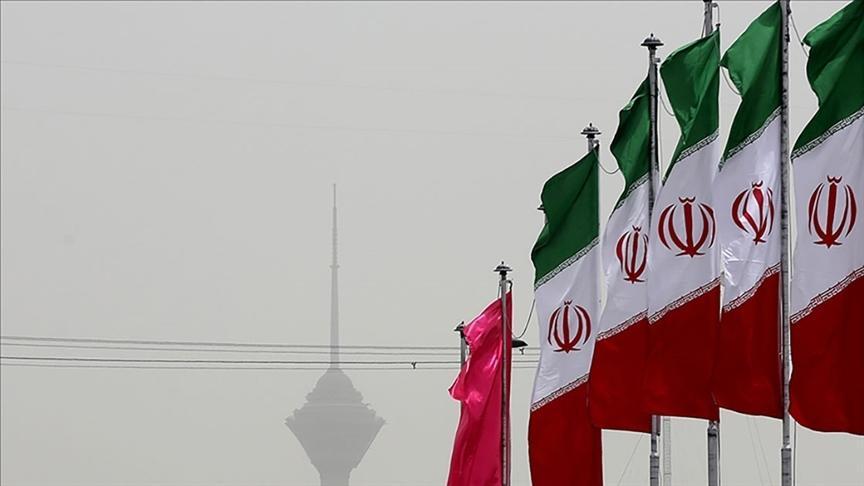The Başbuğ case
TAHA AKYOL
Former chief of General Staff İlker Başbuğ, according to page 34 of the indictment, is “one of the top managers” of the Ergenekon terror organization. However, according to the 39th page of the same indictment, Başbuğ is not a top manager; he is a “mid-manager.” Well, which one?Is this a slip of the tongue that might happen to any one of us while writing complicated texts? I don’t think so. It is an indication of the definition problem stemming from the difficulty of connecting Başbuğ to a terror organization.
If you deem a chief of General Staff a member of a terror organization, then where do you place him within the organization? When you put him on the top, it doesn’t fit; when you put him in the middle, it doesn’t suit.
Here, at one point in the indictment, Başbuğ is claimed to “direct the psychological operation activities in his capacity as mid-manager,” and he was also “guiding members of the organization.”
Well, if the chief of General Staff is a “middle manager” then who are the top managers of the organization who are supervising him? Because there is no answer to this, “one of the top managers” was just scribbled.
When did he become a terrorist?
More interesting is that it is claimed Başbuğ had formed the terror organization and prepared a coup after he became the chief of General Staff. According to the indictment, “the crime date” is during the term Başbuğ was serving as chief of General Staff. It means that Başbuğ was not involved in coup preparations and the terror organization before he became the chief of General Staff. He is in neither (alleged coup plots) Sarıkız nor Ayışığı. Moreover, at that time, he is definitely known to be among the anti-coup group in the military. However, when he becomes the chief of General Staff, he suddenly became the “top” or “middle” manager of the terror organization and started “black propaganda” to topple the government.
In the indictment, there is not even one word on how Başbuğ defines the place of the military in democracies by frequently referring to Western liberal literature. Shouldn’t favorable evidence also be collected?
What is Başbuğ charged with?
The charge leveled against Başbuğ in the indictment is “attempting to topple the government or obstruct its mission partially or totally by using force and violence.” Its punishment is aggravated life imprisonment. (Turkish Penal Code, TCK, article 312.)
The concept in the first text of the law was “by force and threat.” Because the “threat” phrase here is wide and open to interpretation, it was passed in Parliament as “force and violence.” The factors “force and violence” have to be present in coup and terror crimes.
Whereas, not only personally, but also institutionally during his term as the chief of General Staff, Başbuğ has never had a “force and violent” attitude of a military feature against the government.
Manager of a terror organization
The indictment admits Başbuğ’s situation is not this, and says, “but not all members of the organization need to use force and violence.” Yes, right, but in order to call a person “manager of a terror organization,” it is necessary that this person must have a solid relationship with violence even if he is not personally involved in violence. There is not even a claim of this sort about Başbuğ.
But, as if the necessary factors of the crime “force and violence” were present, Başbuğ has been charged as a manager of a “terror organization” and a coup plotter.
Whereas, in criminal law, the definition of a crime cannot be expanded by interpretation. This is a serious problem in our law practice and thus the Justice Ministry felt the need to make some corrections on this manner in the third judicial package submitted to the parliament.
Yet, which crime?
Yes, it is clear from documents in the indictment that there have been such acts as the “Action Plan for the Fight against Fundamentalism” prepared at the General Staff and creating “black propaganda” against the government with certain Internet sites.
These indeed require criminal investigation. For those who have personally performed these acts, as Sami Selçuk has stated, the charges in the Military Penal Code of being involved in politics (article 148) and in the TCK, abuse of power (article 257) come to mind, indeed.
But, are these the crime of “trying to topple the government by use of force and violence” the punishment of which is aggravated life imprisonment? That doesn’t sound reasonable to me. Justice will sooner or later reach the correct verdict.
Taha Akyol is a columnist for daily Hürriyet in which this piece was published on March 28. It was translated into English by the Daily News staff.
TAHA AKYOL - takyol@hurriyet.com.tr











